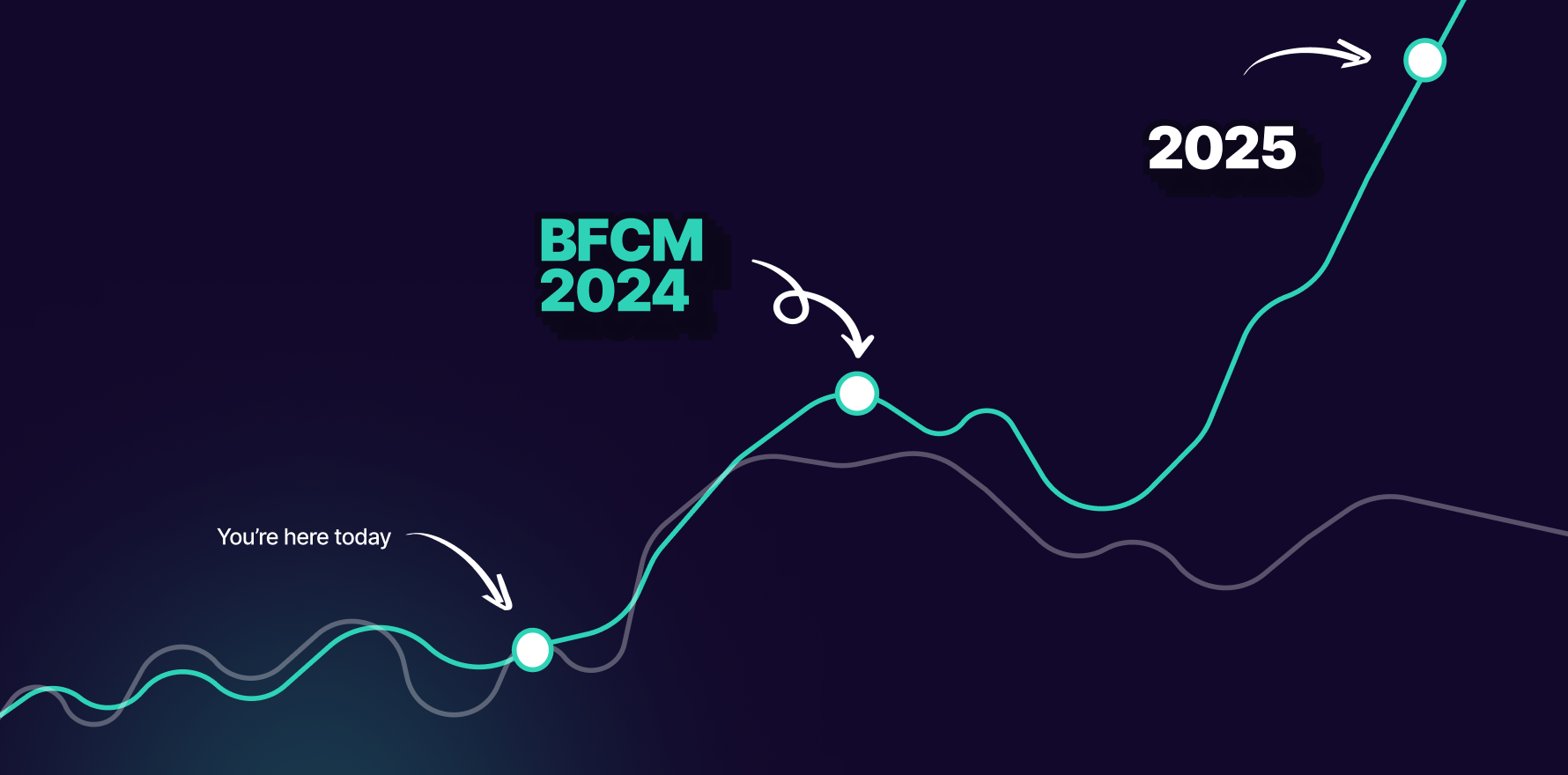What is Marketing Budget Allocation?
Marketing Budget Allocation is a comprehensive strategy that identifies, categorizes, and plans the distribution of a company’s marketing budget across various marketing channels. This strategy is dynamic and needs to be revisited periodically to accommodate changing market trends, business milestones, and consumer behavior.
Formula
There isn’t a universal formula as the allocation usually depends on the company’s goals and the characteristics of the market. However, a widely used rule of thumb is the 5:25 rule. It suggests that companies should spend between 5 to 25% of their total budget on marketing efforts.
Example
Consider a company with an annual revenue of $500,000 that decides to follow the aforementioned rule to designate its marketing budget. If the company elects to spend 10% of its revenue on marketing, the total marketing budget would be $50,000 for the year. This amount is then divided among various channels such as social media, content marketing, SEO, and email marketing considering their specific goals and strategies.
Why is Marketing Budget Allocation important?
The allocation is pivotal for businesses as it helps prioritize and measure marketing efforts. It ensures efficient use of resources, avoids overspending in areas with lower ROI, and facilitates tracking and analyzing the impact of marketing activities.
Which factors impact Marketing Budget Allocation?
Marketing budget allocation can be enhanced through regular revisiting and adjustment, market research, continuous monitoring of consumer behavior, and analyzing the success of past marketing initiatives. Use of advanced analytics tools can also refine the allocation strategy.
How can Marketing Budget Allocation be improved?
The allocation is influenced by several factors such as businesses’ objectives, stage of the business, industry trends, competition, and consumer behavior. Other factors may include product lifecycles, the economic environment, seasonal trends, and company history.
What is Marketing Budget Allocation’s relationship with other metrics?
A well-planned marketing budget allocation positively impacts various other ecommerce metrics. For instance, it can increase web traffic (New Visit Ratio), improve customer experience (Customer Satisfaction Score), and boost sales (Conversion Rate, Average Order Value, Net Profit). Through a systematic and proper budget allocation, businesses can effectively enhance its marketing performance and influence bottom-line figures directly.
Free essential resources for success
Discover more from Lifesight






















































